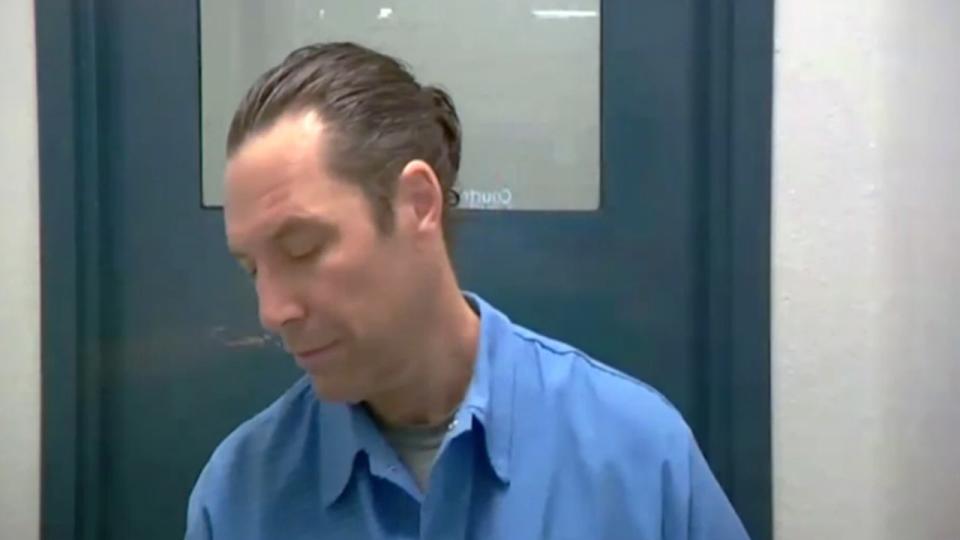Mar. 10—During the Prohibition Era of the 1920s, a large amount of liquor and beer were seized from hotels, taverns, pool halls and speakeasies.
Prohibition agents needed a place to store the confiscated goods and utilized two merchant warehouses in Wilkes-Barre, one on Bennett Street and the other on East Northampton Street.
After several weeks of raids across the Wyoming Valley in 1921, prohibition agents moved an estimated $400,000 worth of liquor and beer into the Bennett Street warehouse.
For those who wanted the tasty suds, the warehouse became a target.
There was one overnight watchman at the warehouse on Bennett Street on March 14, 1921. And thieves took advantage.
“The warehouse was entered yesterday morning between 4:30 a.m. when the watchman quit work and 7 o’clock, although residents of that section said last night that trucks were heard in the vicinity as early as midnight,” reported the Wilkes-Barre Record on March 15, 1921.
Owners of the warehouse and prohibition officials believed the government seized liquor and beer was the target by the thieves.
What the thieves did not know involved the warehouse elevator.
After workers had gone home after their shift, usually 8 or 9 o’clock at night, the elevator became inoperable as electricity was turned off at a fuse box.
Thieves gained entry by smashing a small window facing Bennett Street and Pennsylvania Avenue. Once inside, they made their way through stored goods scheduled to be shipped to local merchants, and made their way to the third floor where the seized liquor and beer were kept, the Record reported.
A crow bar was used to force open steel barn doors that led to a large room filled with confiscated barrels of beer and wooded cases of liquor bottles. Several barrels of beer and four cases were placed near the elevator.
Wilkes-Barre policemen suspect the thieves planned to use the elevator to remove the seized alcohol to trucks waiting nearby.
But the elevator did not respond.
“It has been the custom to put the elevator out of commission and padlock the doors leading to each floor every night. When work is finished for the day, the elevator is moved to the third floor where it is locked and the fuses are removed,” the Record reported.
Prohibition Agent Grover C. Hollister had the habit of taking the elevator key and removing two fuses required to operate the elevator home each night.
In view of the public, prohibition agents would destroy the alcohol but dumping contents into drains outside the merchants warehouse once a month.
After the attempted burglary and theft on March 14, 1921, the practice of destroying alcohol began weekly.
Signup bonus from




